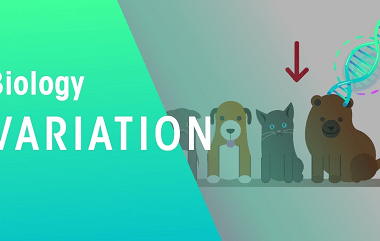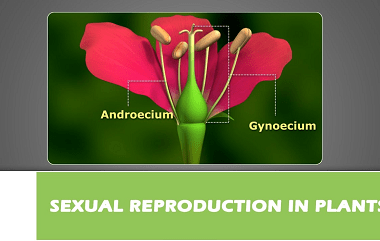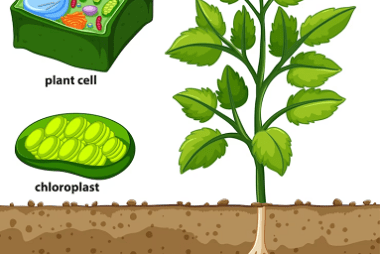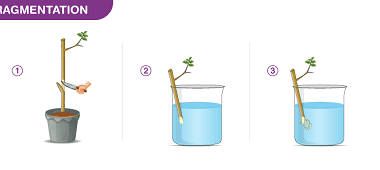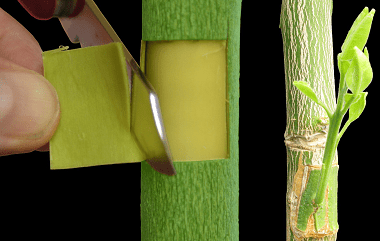Integrated Course AIIMS-SYLLABUS Biology syllabus Klinefelter syndrome
Klinefelter syndrome Klinefelter syndrome is a genetic disorder that affects males. It is characterized by the presence of an extra X chromosome (XXY), instead of the usual XY chromosome pattern in males. This additional chromosome can cause various physical, developmental, and reproductive issues. In the context of the AIIMS (All India Institute of Medical Sciences)…

